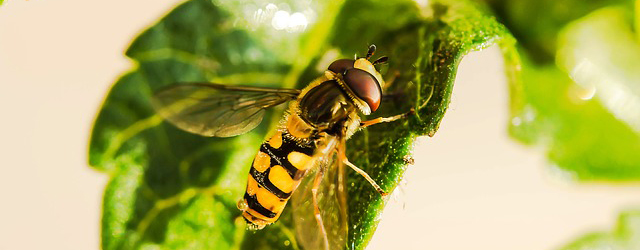
“Despite reports in ‘The Guardian’, the beekeeping industry wishes to work collaboratively with the forestry industry and state governments to ensure access to resources in state forests,” he said in a statement. “ALL values and uses of the forests need to be recognised throughout Australia.”
His comments follow a report in ‘The Guardian’ quoting a leaked letter from the Minister for Agriculture, David Littleproud, who said apiarists claimed the RFAs had failed the industry. “Beekeepers are drivers of agriculture and their concerns are very serious to me as Agriculture Minister,” he said.
Mr McDonald said the beekeeping industry was open to discuss ways to improve the management of forests for the benefit of all forest uses, including both forestry and beekeeping.
“About 70% of our honey is produced from native eucalypts in our forests. The beekeeping industry appreciates being able to use current forestry infrastructure such as roads to access beekeeping sites,” he said.
“We support comments by Minister Littleproud in response to misrepresentation by The Guardian and understand he has re-iterated the importance of the beekeeping industry being part of the Regional Forest Agreement process. All values and uses need to be recognised in perpetuity through the RFA process.”
Mr McDonald said a glimpse of the disaster awaiting the beekeeping industry and consequently Australia’s food security was shown in Queensland.
The industry “is facing the potential loss of about 1800 bee sites by 2024 as a result of excluding our legitimate forest use”.
“This number will be far greater with further planned forestry conversion of National Parks,” he said. “Poor access and massive fuel loads to feed wildfires are unfortunately the hallmarks of unmanaged forests and none of these issues are conducive to health beekeeping.”
Mr McDonald said well-managed multi-use forests involving forestry, beekeeping and recreation would always deliver the best conservation, economic and social outcomes.
Access to multi-age and mixed species in well managed forests was vital for both honey production and bee health before the pollination season, which varies from crop to crop. “Bees are essential for productive crops and food security,” he said.
Australian Forest Products Association chief executive, Ross Hampton, said the Victorian government should end the uncertainty facing sustainable forestry operations and commit to a 20-year extension to the state’s three RFAs, just as New South Wales, Tasmania and Western Australia had. The WA RFA was signed last week.
Mr Hampton said the statement from the Honey Bee Industry shows it is happy to work constructively with sustainably managed native forest operations and that the media reports were grossly misleading.
“What our industries need is long-term certainty that we will continue to have access to sustainably-managed state forests for the range of social, environmental and economic benefits that only multi-use forests can provide. The Victorian Government must end the uncertainty and commit to a 20-year extension to the state’s three RFAs, just as NSW and Tasmania have,” Mr Hampton said.






